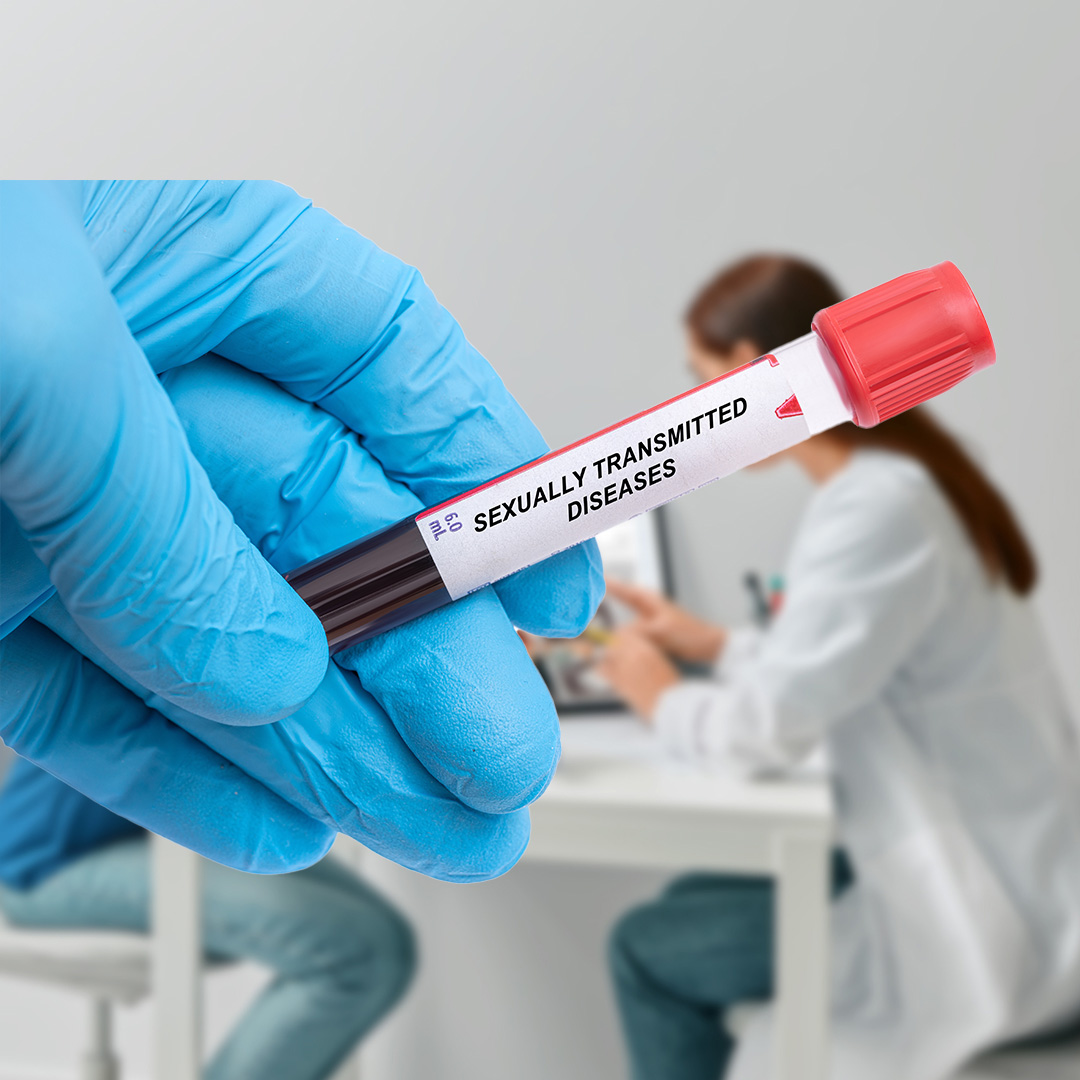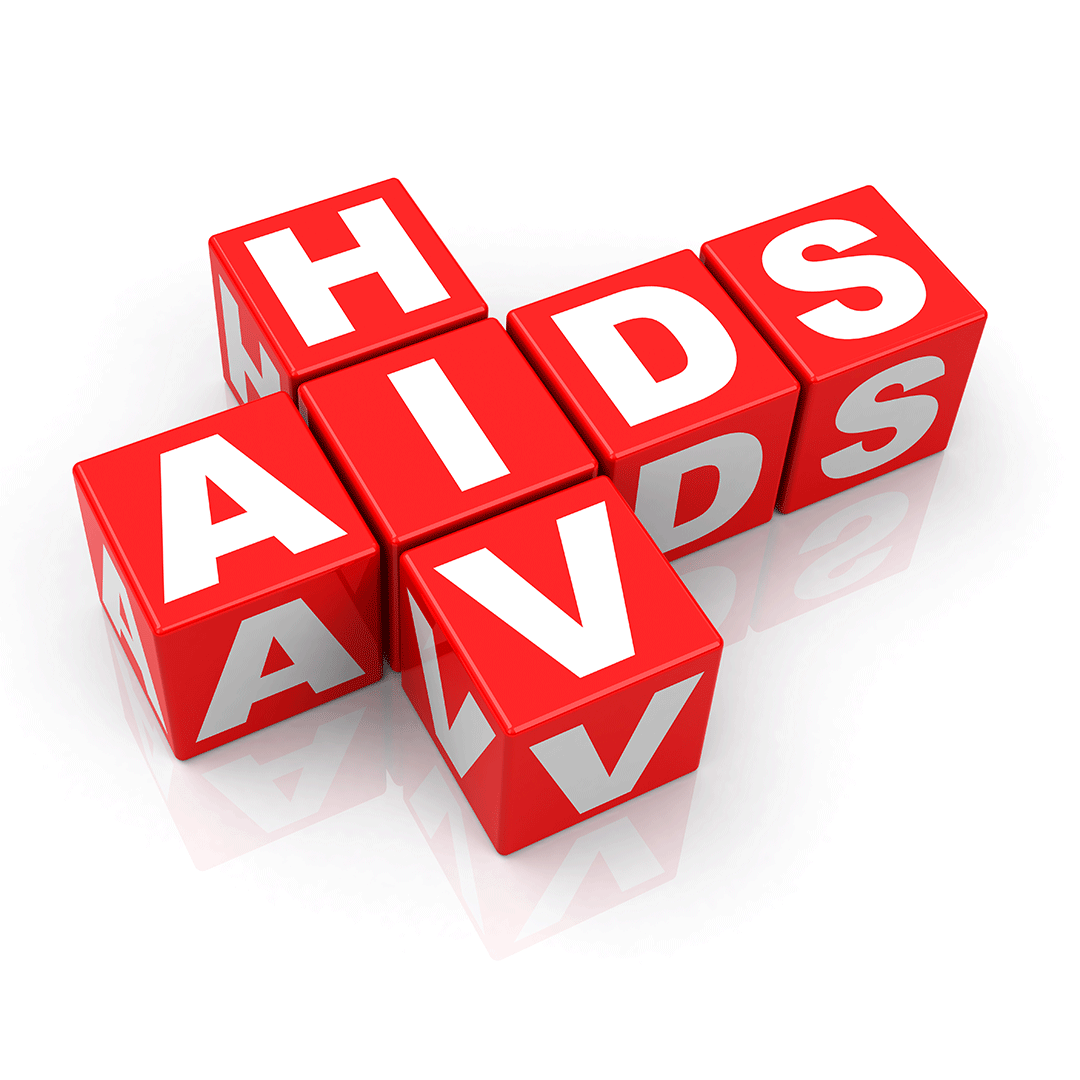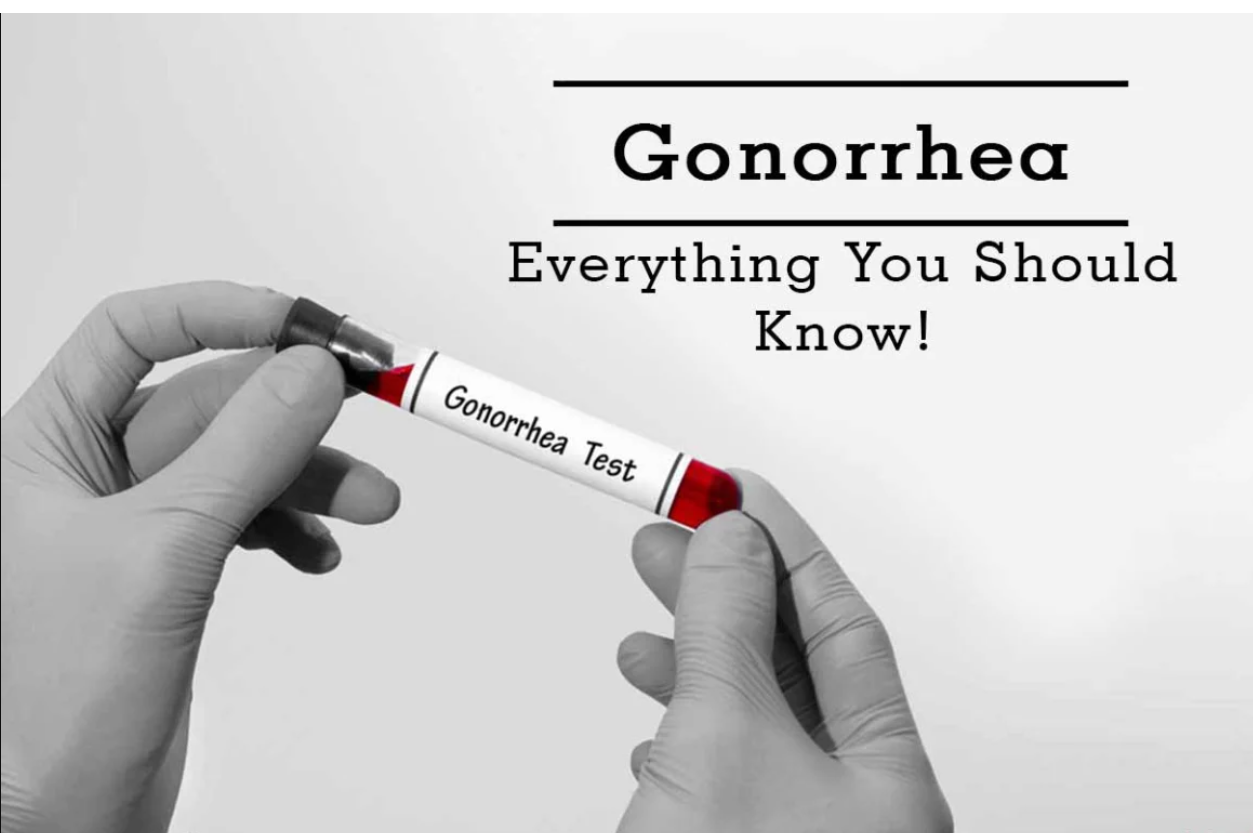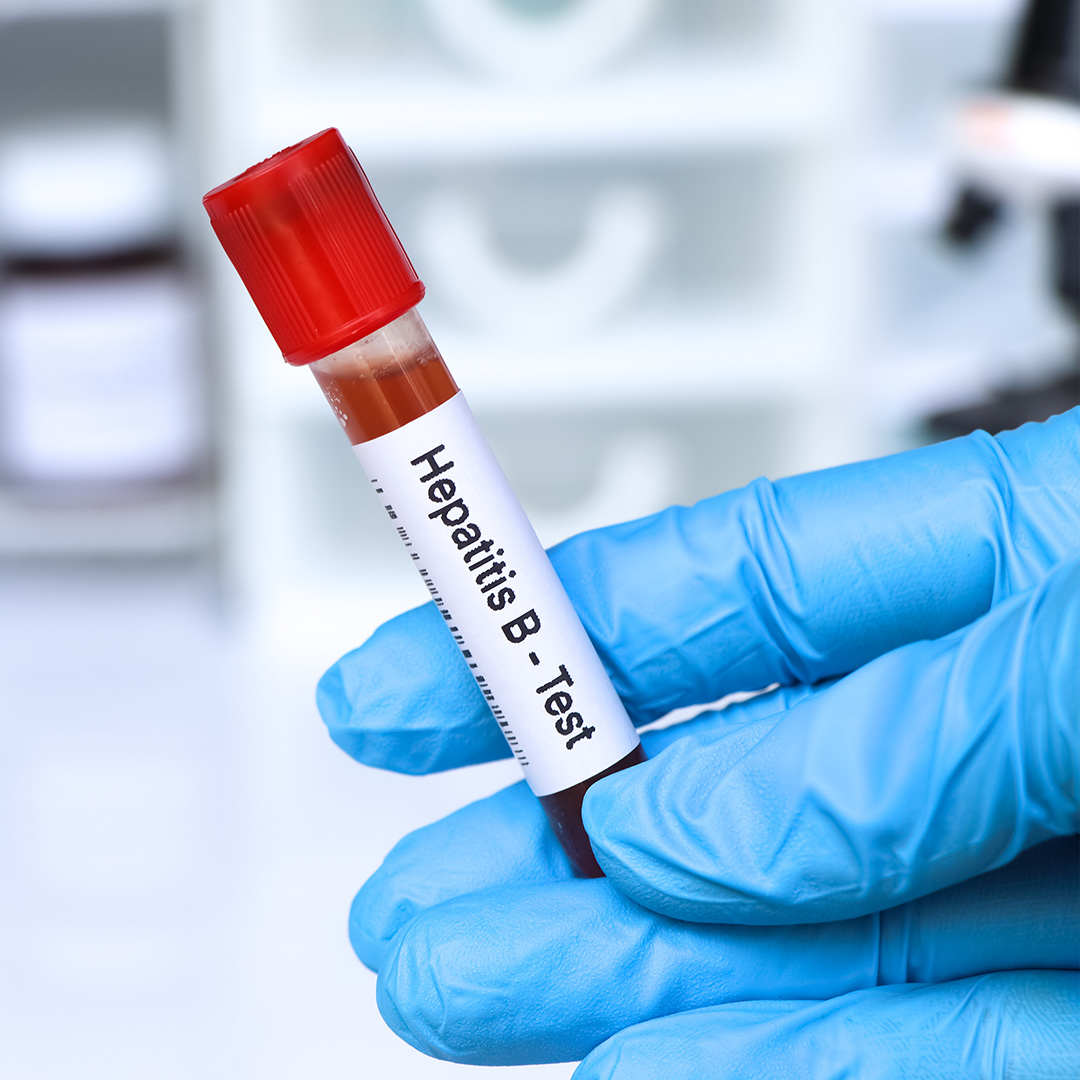Sexually Transmitted Diseases (STDs)

Sexually Transmitted
Diseases
Sexually transmitted diseases (STD’s) are caused by infections that are passed from one person to another during sexual contact. They often show no symptoms, which is why they're also called "sexually transmitted infections" (STIs). Despite this, many people refer to them as STDs.
There are various STDs, and they're quite common, affecting over half of us at some point. The good news is that we can protect ourselves by practicing safer sex and getting tested if we're at risk. Testing helps identify any infections, and treatment is available when needed.
Our caring staff at Advanced Healthcare for Women & Children provides STD testing and support. Click the links below to learn more about specific STDs and call us for an appointment. Your sexual health matters to us.
HIV/ AIDS
HIV is the infection that causes AIDS. HIV has few or no symptoms for up to 10 years or more before symptoms of AIDS develops.
Some people develop HIV symptoms shortly after being infected. But it usually takes more than 10 years. There are several stages of HIV disease. The first HIV symptoms may include swollen glands in the throat, armpit, or groin. Other early HIV symptoms include slight fever, headaches, fatigue, and muscle aches. These symptoms may last for only a few weeks. Then there are usually no HIV symptoms for many years. That is why it can be hard to know if you have HIV.


Chlamydia
Chlamydia is a common STD that has often has no symptoms. Chlamydia can be spread to others even if no symptoms are present.
Usually, chlamydia has no symptoms. Most people are not aware that they have the infection — especially women. 70-95 percent of women with chlamydia have no chlamydia symptoms. 90 percent of men with chlamydia have no chlamydia symptoms. If you do get chlamydia symptoms, they may begin in as little as 5 to 10 days after you got the infection.
Gonorrhea
Gonorrhea is a common STD that has no symptoms. If left untreated, gonorrhea can cause serious health complications.
Often, gonorrhea has no symptoms. Most people are not aware that they have the infection — especially women. Four out of five women with gonorrhea have no gonorrhea symptoms. One out of 10 men with gonorrhea has no gonorrhea symptoms. If you do get gonorrhea symptoms, they may begin in as little as 1–14 days after you got the infection.


Genital Warts
Genital warts are an STD that is spread through skin-to-skin contact. Genital warts are caused by the human papilloma virus (HPV).
Only your health care provider can correctly diagnose genital warts. In women, genital warts are often seen during a pelvic exam. Unfortunately, men are not usually examined for sexually transmitted diseases, unless they complain of symptoms.
Women and men with more than one sex partner — or whose partners have more than one sex partner — should have regular exams for STDs, including genital warts.
Genital Herpes
Herpes is a sexual transmitted disease that is caused by a virus that causes blisters of the genital area. Herpes remains in the body for life and can produce symptoms that come and go.
Most people with genital herpes have no symptoms, have very mild symptoms that go unnoticed, or have symptoms but do not recognize them as a sign of infection. The most common herpes symptom is a cluster of blistery sores — usually on the vagina, vulva, cervix, penis, buttocks, or anus. Symptoms may last several weeks and go away. They may return in weeks, months, or years.
The first time that genital herpes symptoms appear is called “first episode” or “initial herpes.” The initial herpes symptoms are usually more noticeable than later outbreaks.


HPV
Human Papilloma Virus is a common infection that can cause cervical cancer and other cancers. HPV can be spread from skin to skin contact.
Most of us recover from HPV infections with no health problems at all. It is not fully known why some people develop long-term HPV infection, precancerous abnormal cell changes, or cancer. But we do know that women who have diseases that make it difficult for them to fight infections are at higher risk of cervical cancer. We also know that cigarette smoking increases the risk of cervical cancer.
Syphilis
Syphilis is a sexual transmitted disease that often has no symptoms. If left untreated, syphilis can cause serious health complications.
Often, syphilis has no symptoms or has such mild symptoms that a person doesn’t notice them.
There are also several stages of syphilis, which may overlap. The stages may be separated by latent stages, or times when no symptoms are present.
Symptoms vary with each stage. But the syphilis symptoms do not always occur in the same order.


Hepatitis B
Hepatitis B is a liver infection that can be easily spread by having sexual intercourse with an infected person. Often, there are no symptoms of Hepatitis B. There is no cure for Hepatitis B.
You may have heard of hepatitis, but many people are not sure what it is. Hepatitis is an infection of the liver. The group of viruses that infect the liver are called hepatitis viruses. Some types of hepatitis can cause very serious diseases and — in extreme cases — may lead to death.
Three types of hepatitis virus can be sexually transmitted. The type of hepatitis most likely to be sexually transmitted is hepatitis B (HBV). Hepatitis B is spread through semen, vaginal fluids, blood, and urine. About 46,000 American women, men, and children become infected with HBV each year. Most of these infections occur among people who are age 20 to 49. Other Kinds of Hepatitis That Can Be Spread During Sex

Providing top-quality healthcare for women in the Inland Empire. Putting patients first is our priority. Trust us for a positive, caring experience.
600 N. Mountain Ave. # A104 Upland, Ca 91786
225 E Airport Drive #140 San Bernardino, CA 92408
© Copyright 2023 Advanced Healthcare for Women & Children | All Rights Reserved
